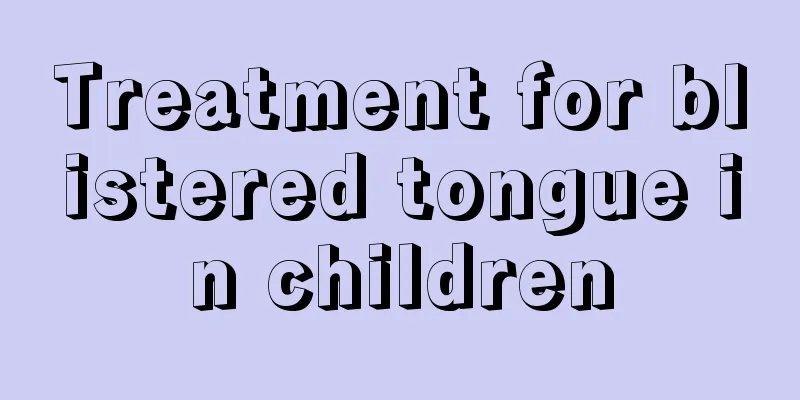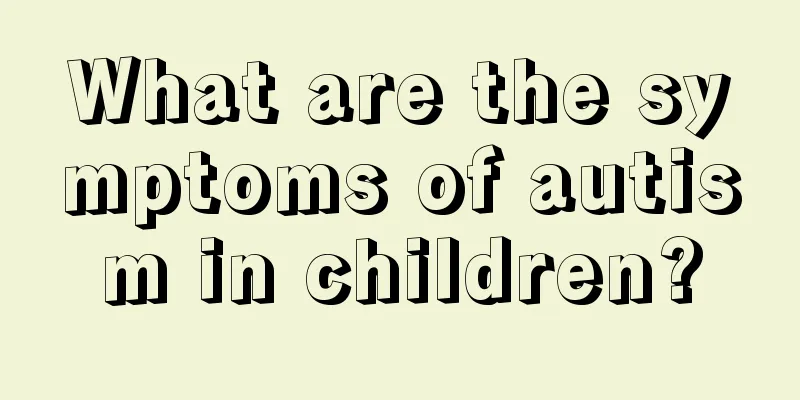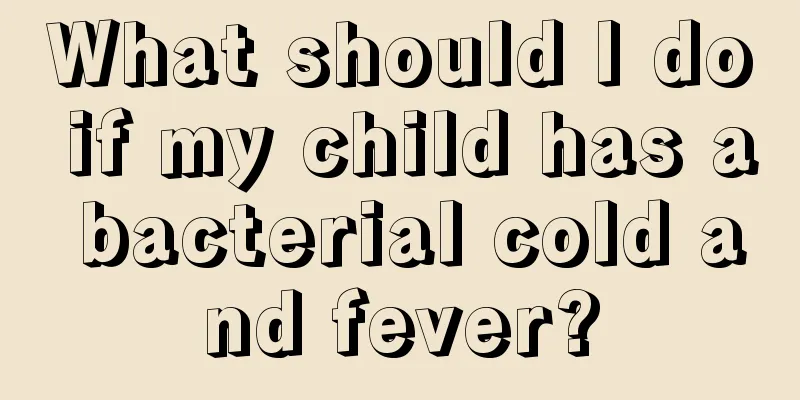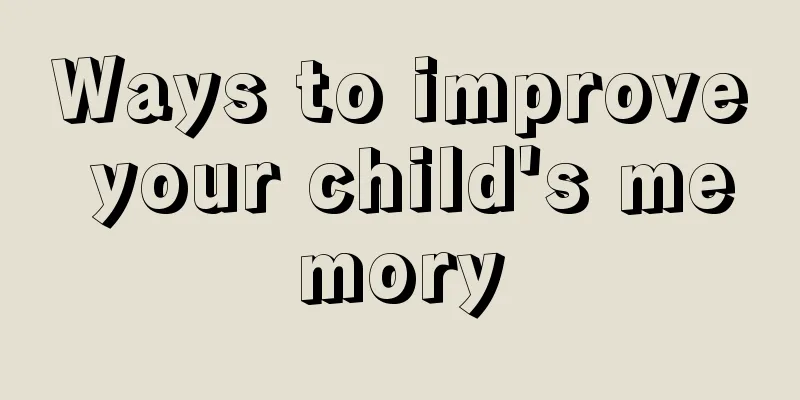What is post-treatment care for bacterial pneumonia in children?

|
Pneumonia is a very familiar disease for many people, and there are many types of pneumonia. Different pneumonias will easily present different symptoms. Bacterial pneumonia in children is also a relatively common disease, which can easily lead to a decrease in children's immunity or physical complications. When children's bacterial pneumonia is cured, care is also very critical, and the body's resistance needs to be improved at ordinary times. What is pneumonia? At this time, the most likely disease to develop is bacterial pneumonia, 50% of which is caused by Streptococcus pneumoniae. Under normal circumstances, there is a certain number of pneumococci in the human throat. The human body can eliminate these bacteria through its own immune system, preventing them from developing into pneumonia. However, when cold symptoms appear or the body's immunity decreases, the number of pneumococci becomes very large, and the body does not have time to eliminate these bacteria, so they enter the lungs and cause pneumonia. Therefore, pneumonia can not only be caused after a cold has lasted for a period of time, but can also occur directly. In addition to bacterial pneumonia, there are also viral pneumonia, mycoplasma pneumonia, etc. There are also some uncommon atypical pneumonias, such as the terrifying "SARS" in 2003, which is a type of pneumonia caused by the "SARS" virus and is highly contagious. Is pneumonia contagious? Bacterial pneumonia is often not an infectious disease and is not highly contagious in itself. So, if someone around you has bacterial pneumonia, it generally won't be transmitted to you. But if your own resistance is particularly poor, or you have an immune system disease, the chance of being infected will be greatly increased. The elderly and children are very likely to be infected. Viral pneumonia, mycoplasma pneumonia, atypical pneumonia, etc. are easily contagious pneumonia. How can children prevent pneumonia? Vaccination It is still necessary to get the pneumonia vaccine because it contains multiple major pathogenic bacteria. Getting the pneumonia vaccine can greatly reduce the chance of contracting pneumonia. Stay away from pathogens Once a child shows symptoms, he or she should inform the teacher or kindergarten in time and return to school after recovery; avoid crowded public places, eliminate channels of transmission, and reduce the chance of infection. Pay attention to hygiene Wash your hands and change your clothes frequently, and clean and disinfect your children's cups and toys regularly. Post-operative care of children with bacterial pneumonia 1. Keep the indoor air fresh. Since pneumonia is mostly caused by colds, parents will worry that their children will catch a cold and their condition will worsen. Their feelings are correct, but the indoor air must be kept fresh. You can open windows outside the child’s bedroom for ventilation, and then indirectly circulate the air to the baby’s bedroom. The lungs breathe, and only clean air can be metabolized into healthy bodies. Second, keep the airway open. Since pneumonia is usually accompanied by fever, the baby's clothes may get wet with sweat. In this case, you must protect the baby's clothes. In addition, when the baby has phlegm, you must help the baby clear the phlegm, otherwise the phlegm in the trachea will affect breathing and air inhalation. 3. Nutritional supplements. After suffering from pneumonia, babies are just like adults and have poor appetite. However, you must stimulate the baby's appetite. If the baby cannot be supplemented with nutrition after being sick, it will affect the baby's development and the improvement of the condition. At this time, the food should be mainly light and nutritious porridge and soup, add some thin porridge appropriately, and give some salt water in moderation. When a baby has a serious illness, it is like fighting a battle. After the baby recovers, parents should strengthen the baby's physical exercise. Only a healthy body and good immunity can enable the baby to resist the next invasion of germs. During the peak influenza season, do not take your baby to crowded public places, as these places are breeding grounds for viral transmission. Also, if someone in the family has a cold, don't be too close to the baby. Keeping the baby healthy is the true way to love the baby. |
<<: What to do if your child is mentally retarded
>>: What is the cause of baby's white blood cell infection?
Recommend
Thumb tenosynovitis in children
Tenosynovitis is a relatively common disease, and...
What should I do if my baby’s lips are swollen?
When a baby first comes into the world, he is cur...
10-year-old child often has headaches?
Occasional headaches are very common in life, but...
What causes chest pain in children?
If a child has chest pain, it is important to fin...
What to do if your 10-year-old child vomits
There are several factors to consider when vomiti...
What are the recipes for a one year and five month old baby?
There are many recipes for babies aged one year a...
Reasons why babies suddenly stop feeding
There are many reasons why babies don't want ...
Whooping cough symptoms and prevention in children
Whooping cough in children is a common phenomenon...
What should I do if I have umbilical hernia in children?
What is an umbilical hernia? An umbilical hernia ...
What should I do if my child has hemorrhoids?
Many people around us suffer from hemorrhoids to ...
How to do a neonatal hip examination
Normal people know that children are born after t...
What to do if your baby has green poop due to cold
The food that babies eat every day is breast milk...
Causes of Ascites in Children
Children's physical health is an issue that t...
How to supplement calcium deficiency in one-month-old babies
How to supplement calcium for a one-month-old bab...
What does it mean when a child has blue veins on his nose?
When blue veins grow on the bridge of a child'...









